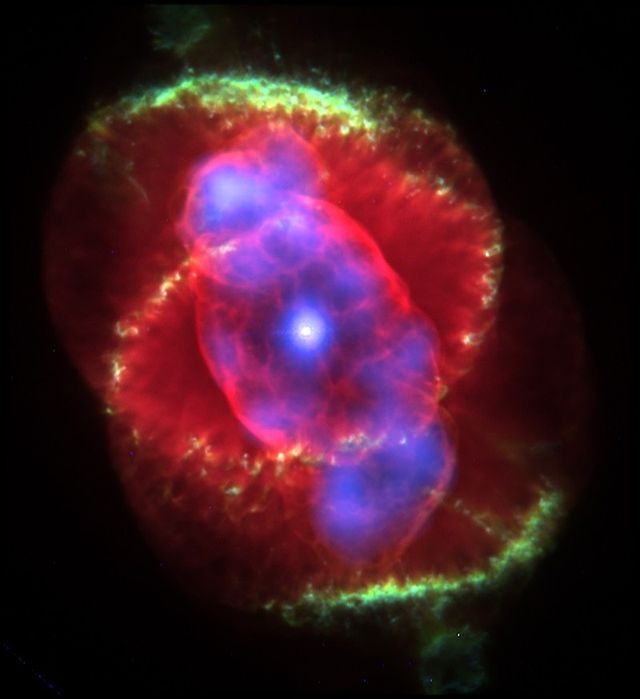
Here are some brief quotations from Chris Impey, University Distinguished Professor and Deputy Head of the Department of Astronomy at the University of Arizona:
“The two main ingredients of our universe, dark matter and dark energy, are still enigmatic . . . ” (x)
(In this context, see my 2015 Deseret News column “Materialism isn’t what it used to be.”)
“. . . cosmologists who reconstruct cosmic history from slender shards of evidence, some of whom work at the edge of speculation and believe as many as six impossible things before breakfast.” (xii)
“Are we nothing more than cosmic flotsam, contingent outcomes of evolution, collections of atoms that got a little lucky? Or are we built deeply into the architecture of the universe?
“Scientists can’t answer these questions yet and perhaps they never will.” (xii-xiii)
***
“When I began my career as a cosmologist some twenty years ago, I was a convinced atheist. I never in my wildest dreams imagined that one day I would be writing a book purporting to show that the central claims of Judeo-Christian theology are in fact true, that these claims are straightforward deductions of the laws of physics as we now understand them. I have been forced into these conclusions by the inexorable logic of my own special branch of physics.”
Frank Tipler, “Preface,” The Physics Of Immortality (New York, Doubleday, 1994)
Frank Tipler, a very creative, not to say eccentric cosmologist and mathematical physicist, teaches at Tulane University.
“Amazing fine tuning occurs in the laws that make this [complexity] possible. Realization of the complexity of what is accomplished makes it very difficult not to use the word ‘miraculous’ without taking a stand as to the ontological status of the word.”
George F. R. Ellis, “The Anthropic Principle: Laws and Environments” in The Anthropic Principle: Proceedings of the Second Venice Conference on Cosmology and Philosophy (1988), F. Bertola and U. Curi, eds. (Cambridge University Press, 1993), 30.
George F. R. Ellis is a South African cosmologist and mathematician and a Quaker. He has been very critical of Frank Tipler’s ideas.
“The physicists are getting down to the nitty-gritty, they’ve really just about pared things down to the ultimate details, and the last thing they ever expected to happen is happening. God is showing through.”
John Updike, Roger’s Version (1986).
John Updike (d. 2009), long associated with Yale University, won the Pulitzer Prize twice for his writing.
“How surprising it is that the laws of nature and the initial conditions of the universe should allow for the existence of beings who could observe it. Life as we know it would be impossible if any one of several physical quantities had slightly different values.”
Steven Weinberg, “Life in the Quantum Universe,” Scientific American (April 1995)
Steven Weinberg (Nobel laureate in physics, 1979) is a very vocal atheist.
“A life-giving factor lies at the centre of the whole machinery and design of the world.”
John Archibald Wheeler, “Foreword” to John D. Barrow and Frank J. Tipler, The Anthropic Cosmological Principle by John D. Barrow and Frank J. Tipler. (Oxford: Clarendon Press, 1986), vii.
John Archibald Wheeler was a theoretical physicist, mostly based at Princeton, whose large number of prominent doctoral students includes the Nobel laureates Richard Feynman and Kip Thorne.












